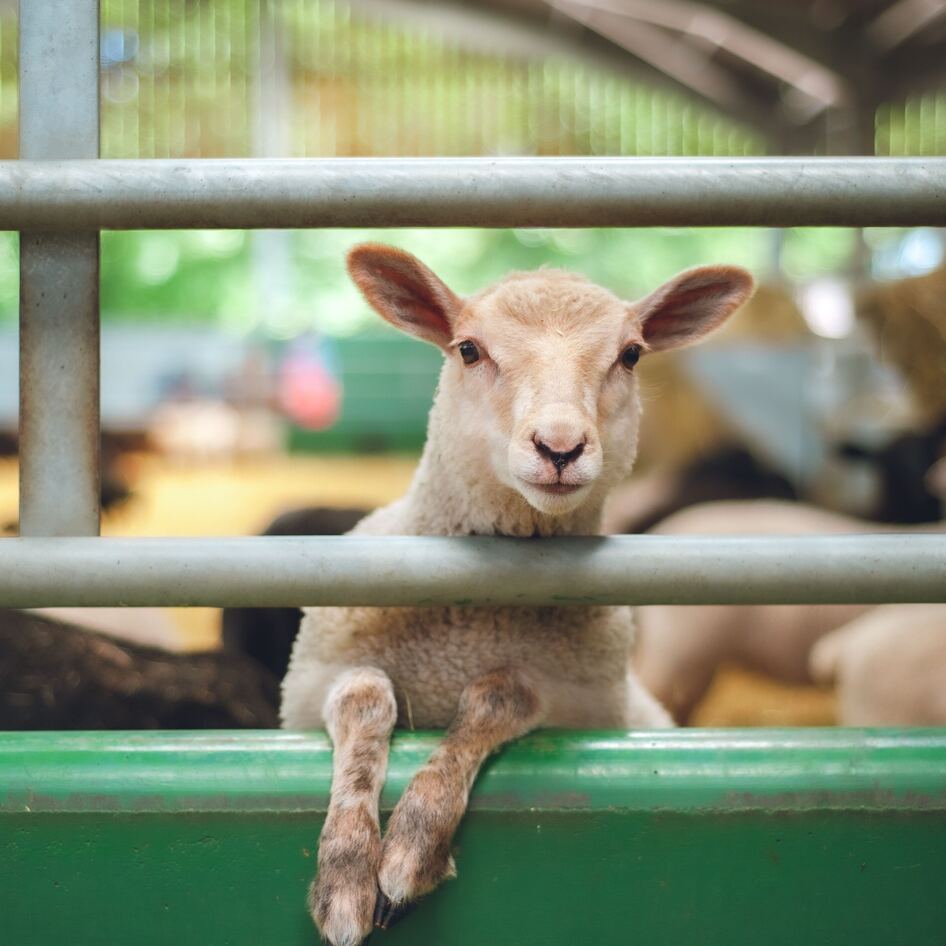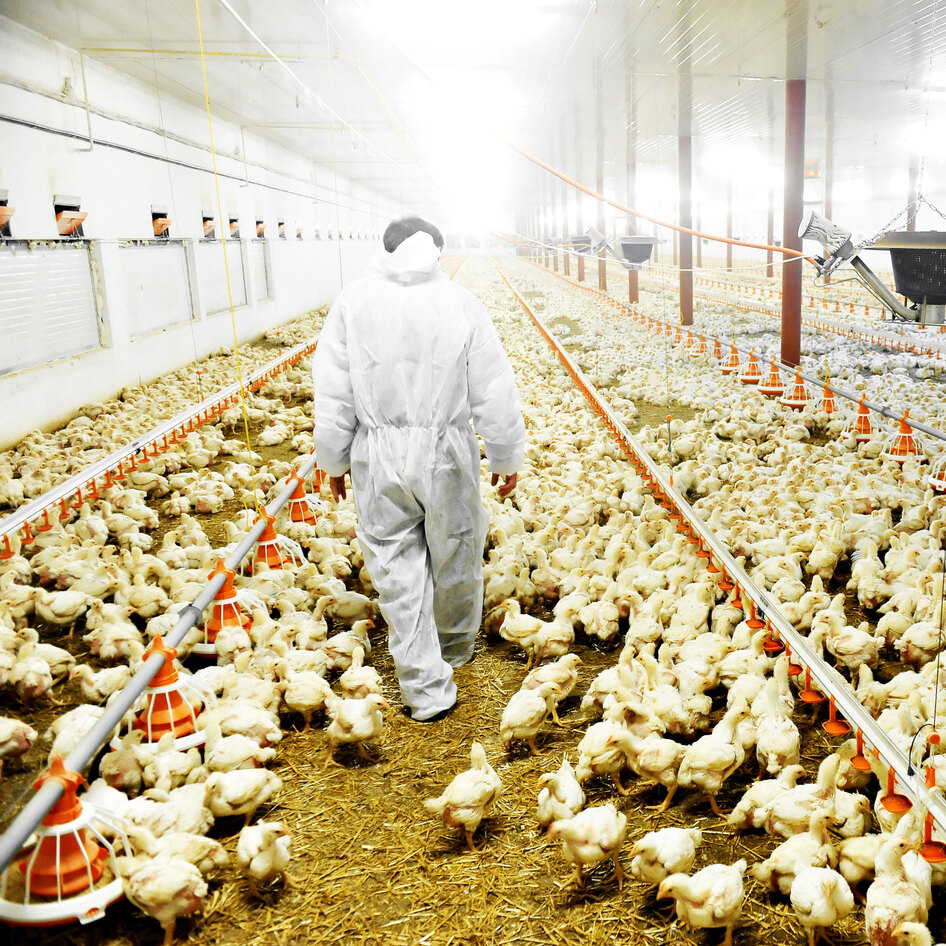Approximately 500 million bees have died in Brazil in a period of 90 days between December 2018 and March 2019, Bloomberg recently reported. The deaths of the pollinators are linked to Brazil’s increased use of pesticides. Since January 2019, the country approved the use of 300 new pesticides, including fipronil (a drug banned by the European Union that is used to kill fleas on dogs and cats that potentially causes cancer in humans). In the last three years, environmental protection group Greenpeace found that 1,200 pesticides and weed killers were registered for use in Brazil, including 193 substances that are illegal in the EU. Greenpeace ties Brazil’s influx of dangerous pesticides to policies championed by the country’s far-right president Jair Bolsonaro, who deregulated the use of dangerous chemicals as a way to bolster the agriculture industry’s profits. “Almost half of all products approved since Bolsonaro took office contain active ingredients featured on Pesticide Action Network’s (PAN) list of highly hazardous pesticides, indicating they pose a risk to human health or the environment,” Greenpeace states. In addition to crops used for human consumption, Brazil is one of the top three producers of feed for animal agriculture in the world—an industry that has led to massive deforestation of Brazil’s Cerrado region, according to environmental watchdog group Mighty Earth. In its 2017 investigation, Mighty Earth found that Cargill and Bunge—companies that are part of the supply chain of meat and dairy products sold to corporations such as McDonald’s, Burger King, Walmart, and Unilever—cleared 200 million hectares of biodiverse land for soy production. Currently, Brazil’s Amazon region is engulfed in wildfires that environmentalists say are the result of weakened environmental restrictions implemented by Bolsonaro to encourage cattle ranchers to clear land for use in beef production.
JUMP TO ... Latest News | Recipes | Guides | Health | Subscribe







